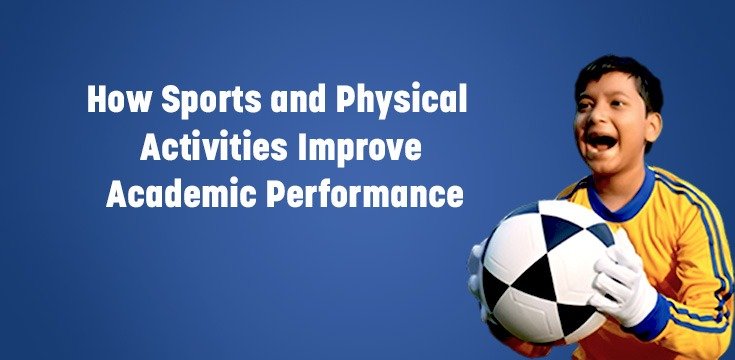The physical training session is the favourite thing for most students during their school time. It’s where they run, play, and recharge their energies after hours of sitting and listening in school. Physical activity, however, isn’t just about playing, it is actually the key to enhancing a child’s learning outcome. Exercise increases energy levels and develops a strong immune system, and enhances concentration, all of which are directly advantageous for learning. We in our CBSE school in Kollam believe that textbooks and sports are both as important when it comes to feeding young minds.
Let’s take examples of different students who likes different physical activities and find how it affects their academics.
The Story of an Energetic Learner
Aarav loves to play football every night. His parents observed that after joining football training, Aarav’s focus was better, and he began scoring higher marks in exams. This is not accidental, physical exercise boosts blood flow to the brain, sharpens memory, and improves problem solving skills. Similar to Aarav, students of an English medium CBSE school in Karunagapally have proved that a balanced schedule of both studies and physical training helps the children to excel on the ground as well as in school.
The Story of a Confident Speaker
Diya was shy and hesitant to take part in class discussions. When she became a member of the school sports team, her level of confidence improved. Sports bring about teamwork, discipline, and leadership which are the factors that contribute to confidence. With more confidence, Diya became an active participant in debates and presentations, which enriched her language and communication skills. For students of any CBSE-affiliated school in Kollam, such all-round development is the key to success after exams.
The Story of a Healthy All-Rounder
Rohan was frequently falling ill and skipping school, and that reflected on his marks as well. Once he began playing basketball on a regular basis, his immunity increased, and he became regular at school too. Exercise regulates sleep patterns, strengthens muscles and bones, and reduces stress. A healthy body means fewer days off and better learning, something that every parent wishes for their child.
The Stress-Free Performer
Meera worried about exams and generally found it difficult to concentrate. Her teachers suggested that she attend yoga classes and morning sports. After a few months, Meera was more relaxed, concentrated better, and performed better in exams. Exercise suppresses anxiety and releases endorphins, the “happiness hormones,” and makes the students happy and capable of achieving academic challenges.
Conclusion:
Academics and sport are not two different worlds, they must go hand in hand. Physical activity makes the mind sharper, enhances memory, tones out stress, and instils discipline, which is reflected in good marks and overall growth. Parents must encourage their wards to participate actively in sports and outdoor games to blend physical and mental growth. A school which considers studies and sports equally moulds confident, healthy, and high-achieving students.


